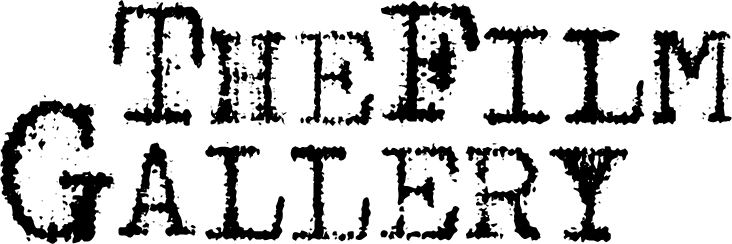Jonas Mekas
b. December 24th, 1922, Semeniskiai, Lithuania - d. January 23, 2019, New York USA
In 1944, Jonas Mekas and his brother, Adolfas, were taken by the Nazis and imprisoned in a forced labor camp in Nazi Germany for eight months. After the War, he studied philosophy at the University of Mainz from 1946-48 and at the end of 1949, he emigrated with his brother to the U.S. settling in Williamsburg, Brooklyn in New York. Two weeks after his arrival, he borrowed the money to buy his first Bolex 16-mm camera and began to record moments of his life. He discovered avant-garde film at venues such as Amos Vogel's pioneering cinema 16, and he began screening his own films in 1953. He has been one of the leading figures of American avant-garde filmmaking or the "New American Cinema," as he dubbed it in the late '50s, playing various roles: in 1954, he became editor and chief of Film Culture; in 1958 he began writing his "Movie Journal" column for the Village Voice; in 1962 he co-founded the Film-Makers' Cooperative (FMC) and the Filmmakers' Cinematheque in 1964, which eventually grew into Anthology Film Archives, one of the world's largest and most important repositories of avant-garde films. His own output ranging from narrative films (Guns of the Trees, 1961) to documentaries (the Brig, 1963) and to "diaries" such as Walden (1969); Lost, Lost, Lost, (1975); Reminiscences of a Voyage to Lithuania, (1972); Zefiro torna, (1992) and As I was Moving Ahead, Occasionally I saw Brief Glimpses of Beauty (2001) have been screened extensively at festivals and museums around the world.

